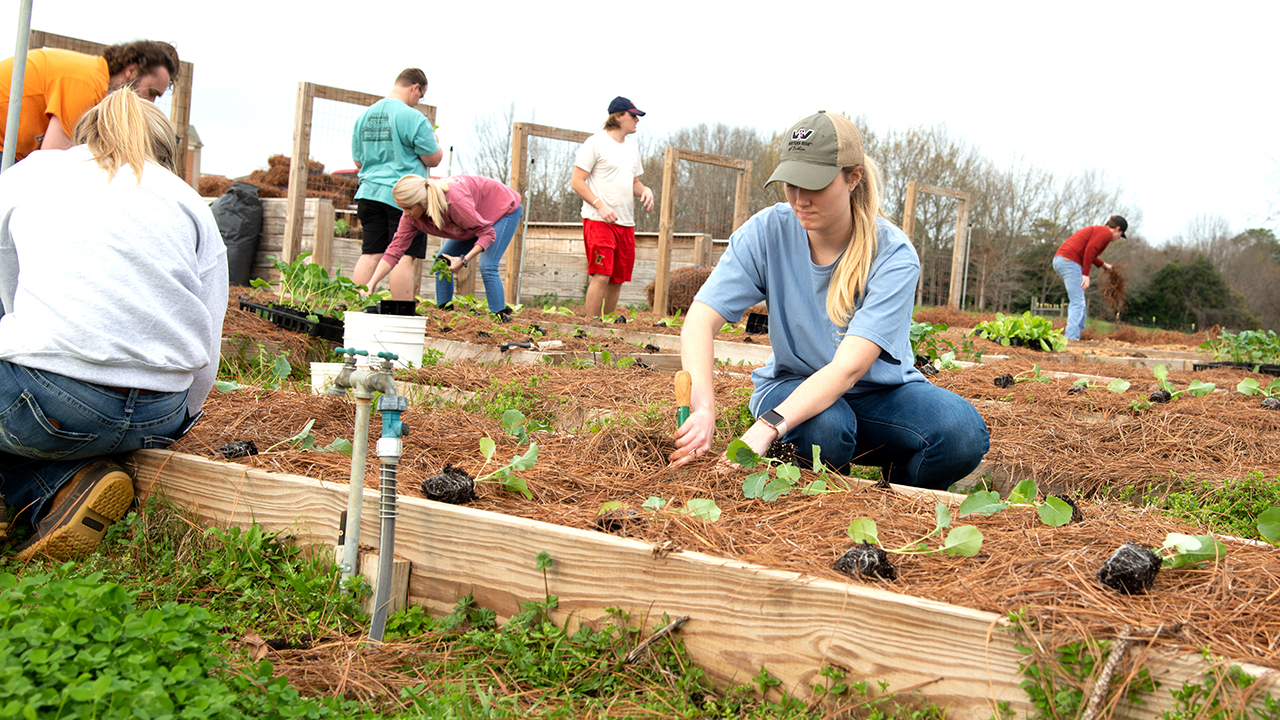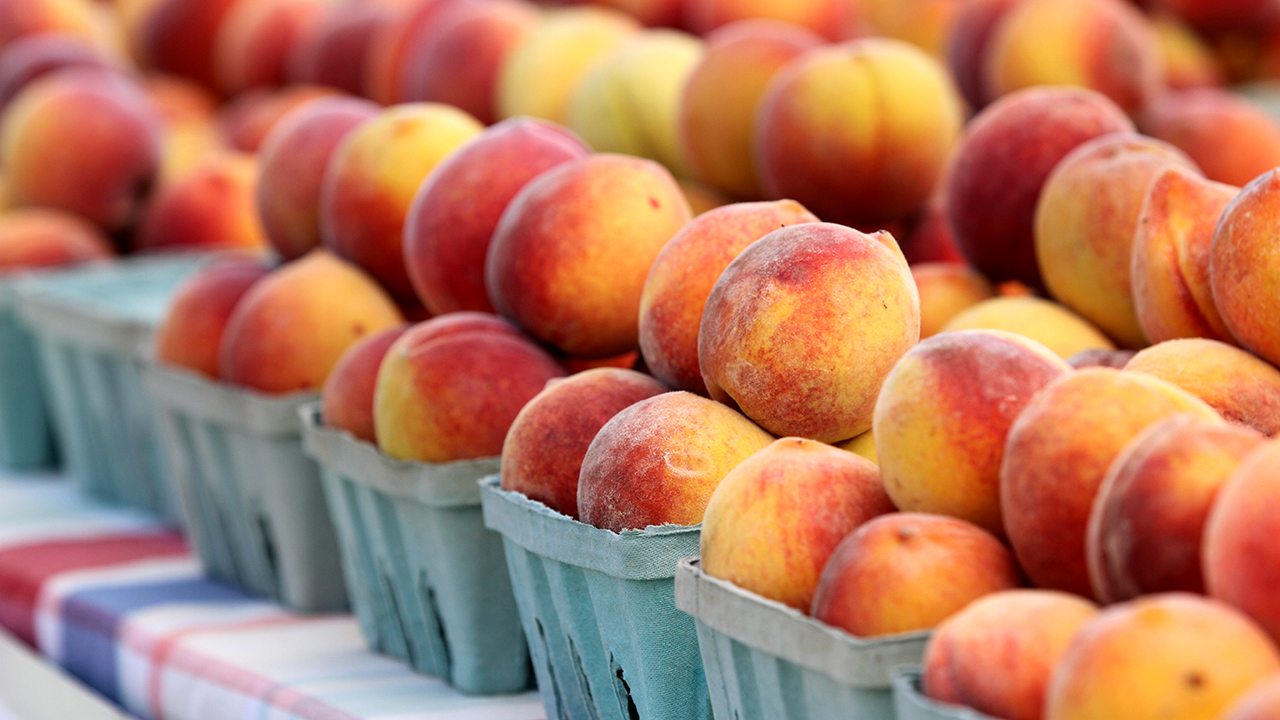Transformation Garden at Auburn University
Reflecting All of Plant-based Agriculture.
Why Give to the Transformation Garden?
Because the garden
will be a transformative
student experience.
On any given day, the Transformation Garden will be a place where you can spot students at work. It may be a professor with his or her class, or it may be individual students maintaining greenhouses, managing commercial plant trials or designing and building landscapes. Either way, this garden will be the largest classroom on the Auburn campus.
Because it will be a classroom, the Transformation Garden has been carefully designed to replicate a variety of industries, from row crop farming to hydroponics to nursery management and beyond.
Because it will fuel vital research.
Before a new plant variety is sold for your lawn or home garden, it is trial-tested. Is the plant heat or drought tolerant? How well does it stand up to pests? What about soil types? Is it growing and performing as intended by its breeders? These are the types of questions our faculty and students will answer for major farms and nurseries that grow the plants found in your own backyard.
Other research focuses at the Transformation Garden will include irrigation, medicinal plants, fruit and vegetable production and more.
Because it will help us to eat local.
Finding sustainable local food sources is more important now than ever. Local foods can be harvested at peak ripeness with optimal flavor and nutrition while reducing transportation costs.
This is why some installations within the Transformation Garden will be dedicated to supplying Auburn’s Campus Dining program with fresh produce. Among these installations will be two hydroponic vertical farms. Not only will features like these serve as reliable local food sources, but they will be managed and maintained by students who are training to work in the growing fields of hydroponic and urban farming.
Because it will complete Auburn’s Green Corridor.
Visitors to Auburn as well as locals will soon enjoy what has been designated as a Green Corridor. This corridor will connect several peaceful, serene green spaces such as the Davis Arboretum and the parklike surroundings of the Gogue Performing Arts Center and the Gogue Performing Arts Center and the Jule Collins Smith Museum of Fine Art.
The pathway that currently winds through the arboretum will be extended alongside the Old Rotation and then through the trees, vineyards, greenhouses and landscapes of the Transformation Garden. Past the garden, the pathway will connect with the arts centers before leading around our local community garden and historic Cullars Rotation. For a lengthier stroll, the pathway will even connect to the City of Auburn’s nearby Town Creek Park.



